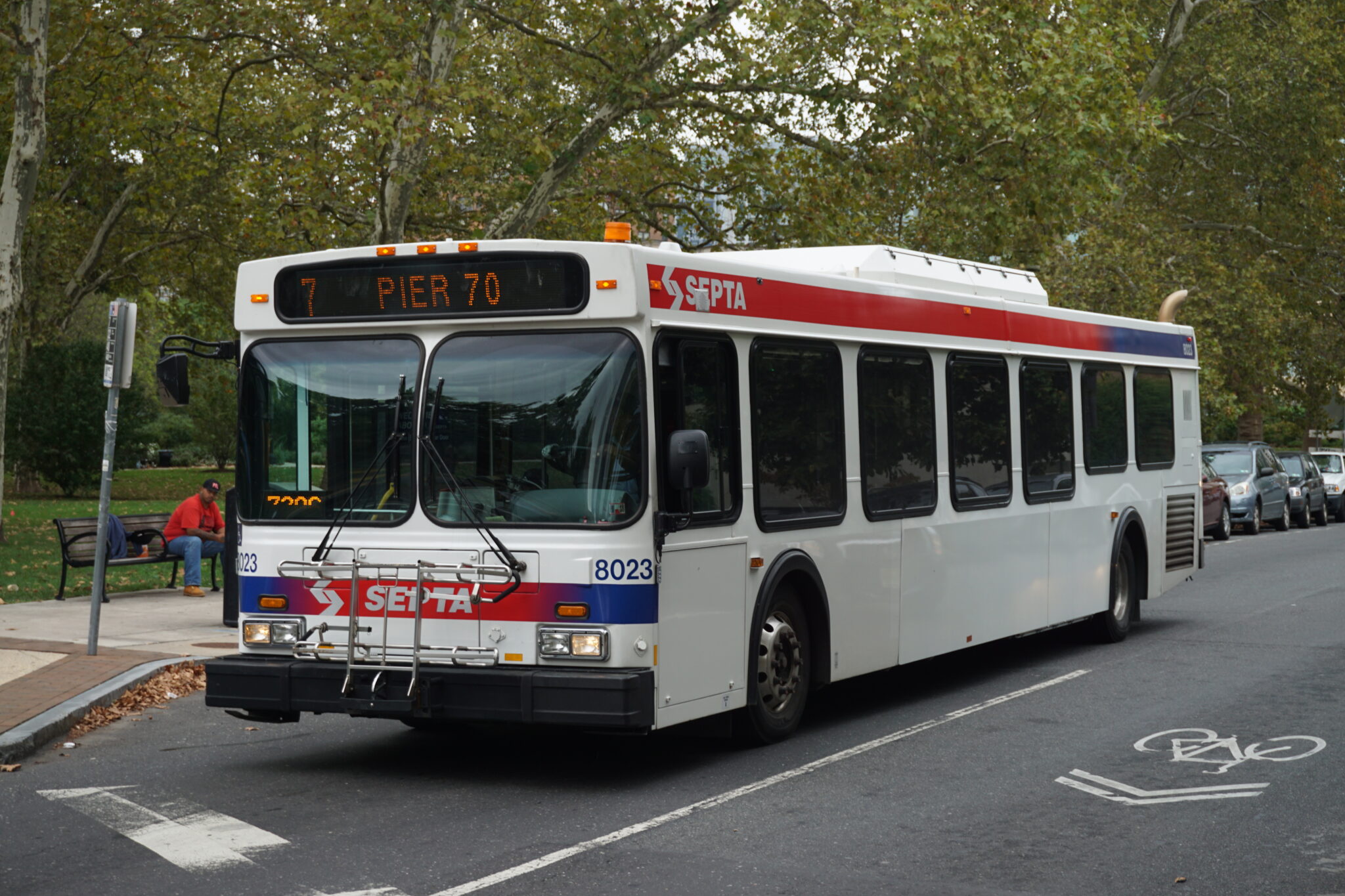In today’s News and Commentary, UAW enters its fourth day of striking with plans to meet Stellantis at the negotiating table, 13 of the 14 bargaining units representing Southeastern Pennsylvania Transportation Authority (SEPTA) will negotiate new contracts in the next six months, a Brazilian labor court ordered Uber to pay ~$205 million in fines for irregular working relations with app drivers, and unions across many sectors press lawmakers to curb potential threats from artificial intelligence.
The United Autoworkers begin their fourth day of striking. As Will reported, the union has “reasonably productive” conversations this past weekend with Ford and General Motors. It is scheduled to meet with Stellantis today. The union is attempting an ambitious coordinated strike, targeting all Big 3 automakers at once. In order to preserve strike funds, UAW is strategically staggering walk-offs. Just under 13,000 UAW workers are on strike, but UAW President Shawn Fain says the union is prepared to extend the strike to other plants this week if necessary.
SEPTA management prepares to negotiate 13 contracts over the next six months. Four contracts are set to expire on October 31, another three expire in November, and eight will expire in the first couple months of 2024. SEPTA is considered one of the most strike-prone large transit systems in the United States – since 1975, there have been at least 11 walk-offs. Management and the unions will be negotiating amidst a year of depressed ridership for the transit authority. The unions are seeking pay raises, better benefits, and increased public safety.
Uber announced it would appeal a Brazilian labor court’s ruling ordering the rideshare app to pay a 1 billion reais fine ($205 million) for irregular working relations with its drivers. Uber was accused of “controlling the way in which professionals’ activities should be carried out,” indicating an employment relationship. In Brazil, this relationship requires the employer to register and maintain employees’ professional work cards. The court ordered Uber to recognize the employment relationship and register its drivers. The sentence will tack on a penalty of 10,000 reais (~$2,000) per worker that remains unregistered.
This summer’s strikes have included the bread and butter union demands, – higher wages, better working conditions, healthcare benefits – but alongside these, unions are demanding a seat at the table in discussions of new technologies. M.I.T. Sloan School of Management emeritus professor, Thomas Kochan, calls “the issue of what and how technology is deployed, the frontier of collective bargaining today.” As Maddie reported, several state governments have already begun studying how artificial intelligence and other technologies will impact the workforce. Senator Chuck Schumer led an A.I. forum last week, attended by Elon Musk and tech leaders at Microsoft and Nvidia. At the table with them were representatives from several unions. The shift to A.I. in writers’ rooms or automation in manufacturing plants has workers across industries fearful of their job security. A Harvard Business Review article warns that if unions do not use their leverage to influence the creation and introduction of new technologies, they may find themselves shut out of the conversation forever.







Daily News & Commentary
Start your day with our roundup of the latest labor developments. See all
July 4
The DOL scraps a Biden-era proposed rule to end subminimum wages for disabled workers; millions will lose access to Medicaid and SNAP due to new proof of work requirements; and states step up in the noncompete policy space.
July 3
California compromises with unions on housing; 11th Circuit rules against transgender teacher; Harvard removes hundreds from grad student union.
July 2
Block, Nanda, and Nayak argue that the NLRA is under attack, harming democracy; the EEOC files a motion to dismiss a lawsuit brought by former EEOC Commissioner Jocelyn Samuels; and SEIU Local 1000 strikes an agreement with the State of California to delay the state's return-to-office executive order for state workers.
July 1
In today’s news and commentary, the Department of Labor proposes to roll back minimum wage and overtime protections for home care workers, a federal judge dismissed a lawsuit by public defenders over a union’s Gaza statements, and Philadelphia’s largest municipal union is on strike for first time in nearly 40 years. On Monday, the U.S. […]
June 30
Antidiscrimination scholars question McDonnell Douglas, George Washington University Hospital bargained in bad faith, and NY regulators defend LPA dispensary law.
June 29
In today’s news and commentary, Trump v. CASA restricts nationwide injunctions, a preliminary injunction continues to stop DOL from shutting down Job Corps, and the minimum wage is set to rise in multiple cities and states. On Friday, the Supreme Court held in Trump v. CASA that universal injunctions “likely exceed the equitable authority that […]